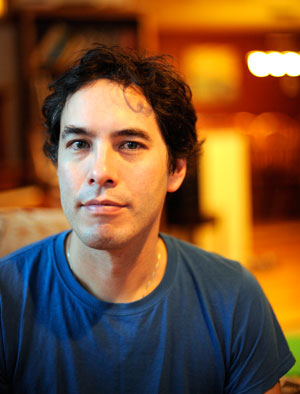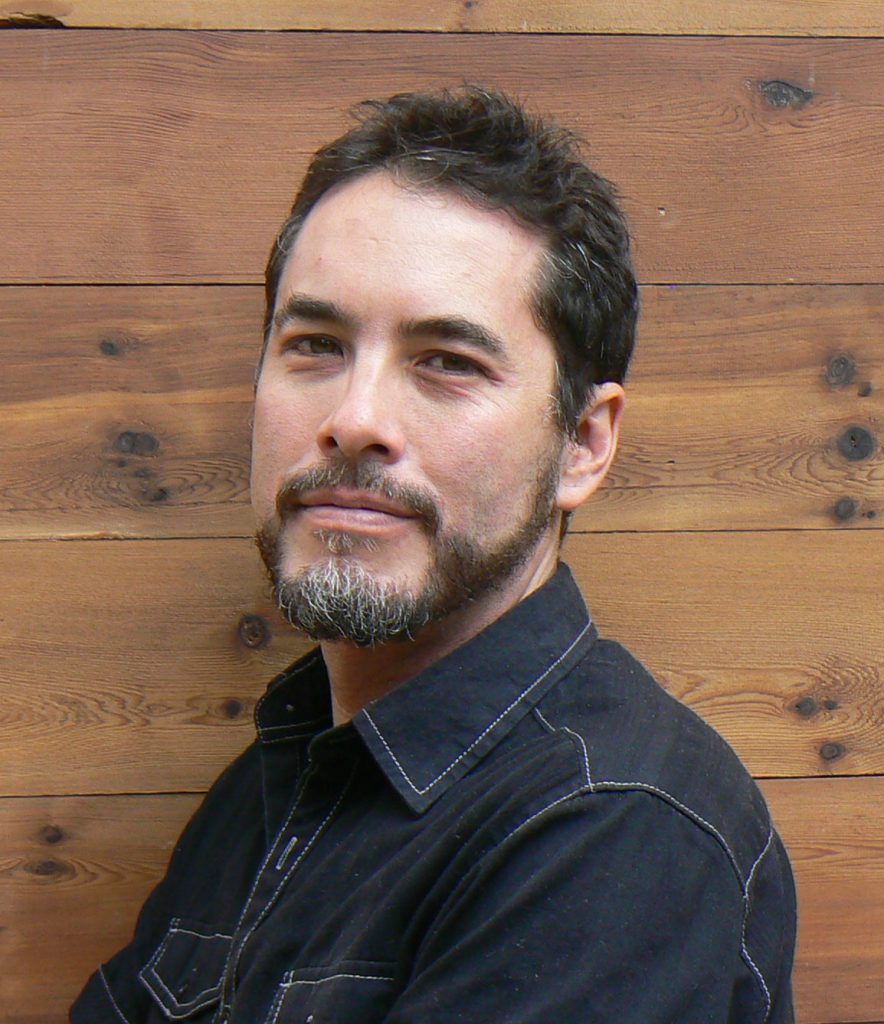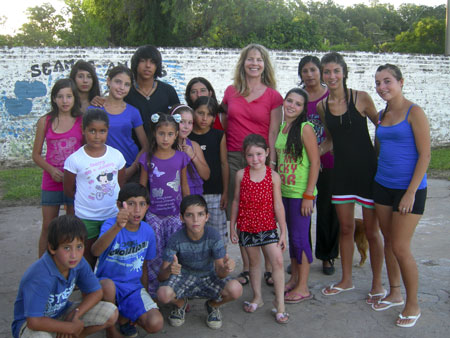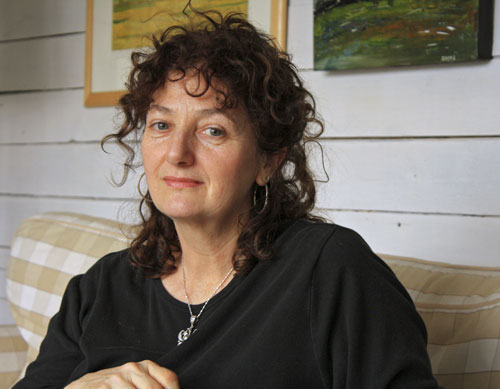Why poetry matters
By Ellery Littleton
“Poetry doesn’t matter to most people,” writes Jay Parini, poet, novelist and professor of English at Middlebury College, Vermont. “Most people don’t write it, don’t read it, and don’t have any idea why anybody would spend valuable time doing such a thing.”
There are people who read poetry, of course, although they tend to be students, or the odd individual who is willing to make the effort to confront the perceived challenges poetic language presents. Serious poetry (ie. something that is not a limerick or a rhyming ditty) is not always difficult to understand, despite what most people think.
“Poetry is a kind of meditation that slows me down and brings me back to myself.” (Allen Ginsberg)
Writing poetry is even more of a tough sell than reading it; much more. Being asked to write a poem seems to put most people immediately in touch with an acute sense of inadequacy around their creativity in general, and the writing of poetry in particular. They immediately think it will be hard, and that the result will be awkward at best. Few understand how much fun it can be, and how relatively easy it is to do – if approached properly.
Most of us start out in life with a creative spark, and a delight in reading and writing poetry, but have the delight snuffed out by adults “teaching” us about it. But in fact, writing poetry is not some esoteric pursuit, which has to adhere to rigid forms or criteria. It is a craft and a skill and a creative pleasure available to us all. Unfortunately, in this clamorous culture of ours, there is little interest in the creation of a space where the quiet, heartfelt voice of poetry can be heard.
“The interaction with a particular poem becomes a rite of passage from one stage of awareness of self to another, with the poem as the facilitator or guide during the process.” (Janet Rice)
There are many reasons why poetry matters. The language of poetry provides a way of expressing the inexpressible, through the use of metaphor particularly. It allows us to at least attempt to come to terms with and to articulate the deepest, most complex aspects of our life; it provides a language adequate to our experience. “The language of poetry can, I believe, save us,” Jay Parini writes. “It can ground us in our own spiritual and moral realities, teaching us how to speak about our lives and how – indeed – to live them.”
But writing poetry doesn’t have to be a daunting intellectual challenge, one that challenges our fragile faith in our creativity. To repeat: it can be fun! A very high level of creative fun – once you free yourself of the tired old list of inhibiting should’s and should not’s inherited from academia.
“It is with words as with sunbeams. The more they are condensed, the deeper they burn.” (Robert Southey)
In 2010, I will be offering two poetry-writing programs at The Haven.
“Writing Up A Storm – Poetry” is a weekend of “hands-on poetry” which includes exercises designed to quickly lead you toward building confidence in your writing and experiencing the enlivening joy and playfulness writing poetry can bring. The intent is to help you recapture the joy of creativity through poem-making, and provide an opportunity to speak in your distinct voice about your unique experience – in a supportive, non-judgmental atmosphere.
“Writing Up A Storm – Haiku” is a day-long workshop about learning to write the traditional three-line haiku (and other short poems form of Japanese poetry such as tanka and renga) with their remarkable capacity for subtle, incisive expression of experience and awareness. “Writing haiku is like eating popcorn,” Allen Ginsburg once said. “Once you get started, it’s hard to stop.”
Some of the poetry-writing exercises from these two programs will also be included in the two Writing Up A Storm courses offered this year, Sept. 11-13 (weekend) and Nov. 26-30 (four-day “Intensive”).
If you love words, there is no better way to express that love than by writing a poem – the language of the spirit and of the heart.
Ellery Littleton’s most recent book of poetry, “Riverwalk – a poem a day for a year”, is available from The Haven.





